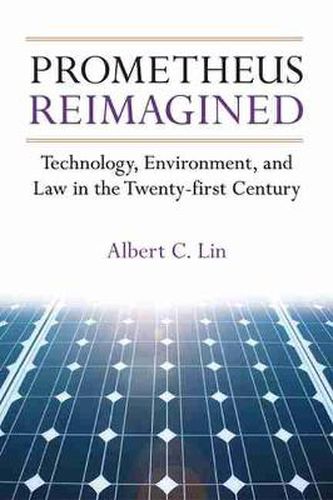Readings Newsletter
Become a Readings Member to make your shopping experience even easier.
Sign in or sign up for free!
You’re not far away from qualifying for FREE standard shipping within Australia
You’ve qualified for FREE standard shipping within Australia
The cart is loading…






Technologies such as synthetic biology, nanotechnology, artificial intelligence, and geoengineering will be among the most life-changing and controversial in the coming decades. While such technologies promise to address many of our most serious problems, they also bring environmental and health-related risks and uncertainties. Moreover, they can come to dominate global production systems and markets with very little public input or awareness. Existing governance institutions and processes do not adequately address the risks of new technologies, nor do they give much consideration to the concerns of persons affected by them.
Instead of treating technology, health, and the environment as discrete issues, Albert C. Lin argues, laws must acknowledge their fundamental relationship, anticipating both future technological developments and their potential adverse effects. Further, laws must encourage international cooperation and the development of common global standards, while allowing for flexibility and reassessment.
$9.00 standard shipping within Australia
FREE standard shipping within Australia for orders over $100.00
Express & International shipping calculated at checkout
Technologies such as synthetic biology, nanotechnology, artificial intelligence, and geoengineering will be among the most life-changing and controversial in the coming decades. While such technologies promise to address many of our most serious problems, they also bring environmental and health-related risks and uncertainties. Moreover, they can come to dominate global production systems and markets with very little public input or awareness. Existing governance institutions and processes do not adequately address the risks of new technologies, nor do they give much consideration to the concerns of persons affected by them.
Instead of treating technology, health, and the environment as discrete issues, Albert C. Lin argues, laws must acknowledge their fundamental relationship, anticipating both future technological developments and their potential adverse effects. Further, laws must encourage international cooperation and the development of common global standards, while allowing for flexibility and reassessment.